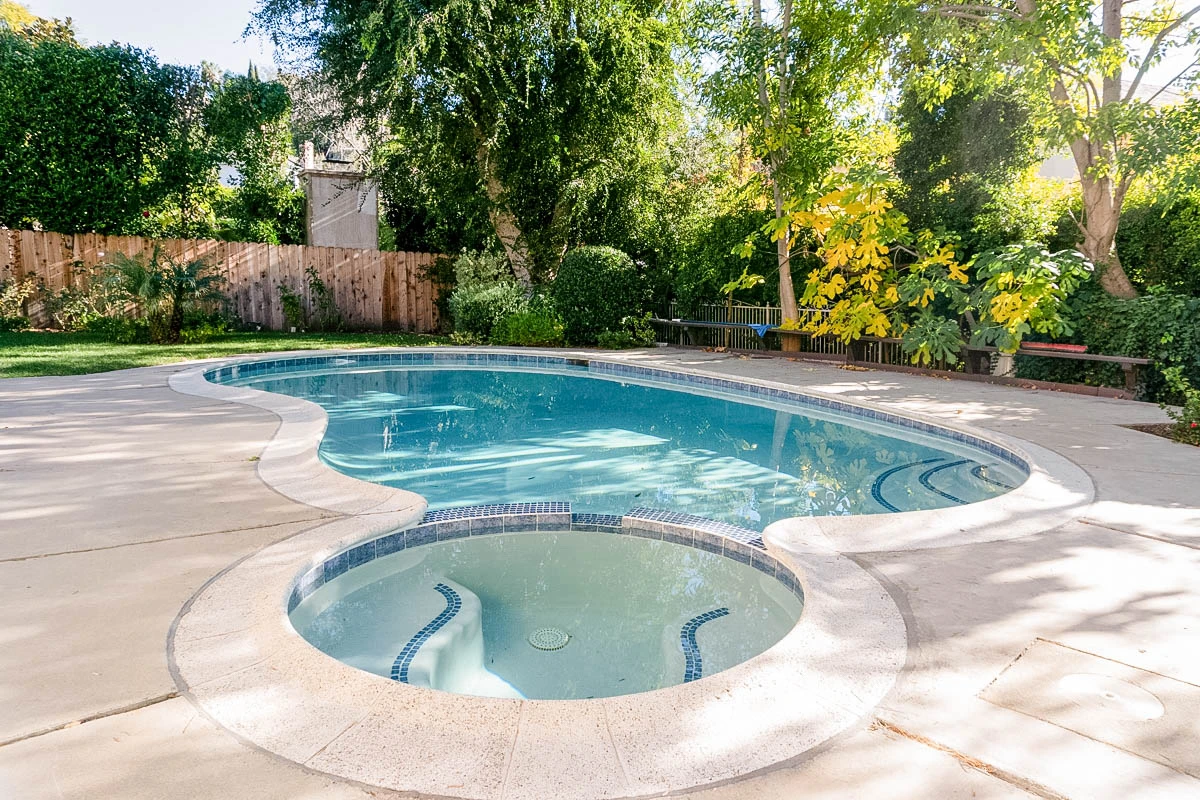The Detox Center, located in Los Angeles, California, is a top-rated rehabilitation facility specializing in the treatment of drug and alcohol addiction, as well as co-occurring mental health disorders. Catering to men and women aged 18 and older, the center provides a comprehensive range of care options tailored to meet the unique needs of each client.
It provides Inpatient Program with 24/7 medical supervision, ensuring that clients receive constant care and support during their stay, an FDA-approved Medication-Assisted Treatment (MAT) detox, an Outpatient Program, Partial Hospitalization Program (PHP) and Intensive Outpatient Program (IOP). These programs are designed to guide clients through the detoxification process and provide ongoing support as they progress in their recovery.
Therapies offered include Cognitive Behavioral Therapy (CBT), Dialectical Behavior Therapy (DBT), Trauma Therapy, and 12-Step Therapy, all of which are crucial for helping clients develop healthy coping mechanisms and address the root causes of their addiction.
The center also provides individual therapy, family therapy, and group therapy, ensuring that clients receive holistic care that involves both personal growth and relationship healing. For those seeking spiritual guidance, religious and spiritual programs are available, alongside holistic therapies designed to promote overall well-being.
The Detox Center is committed to delivering the highest standard of care, as demonstrated by its accreditations from the The Joint Commission.























